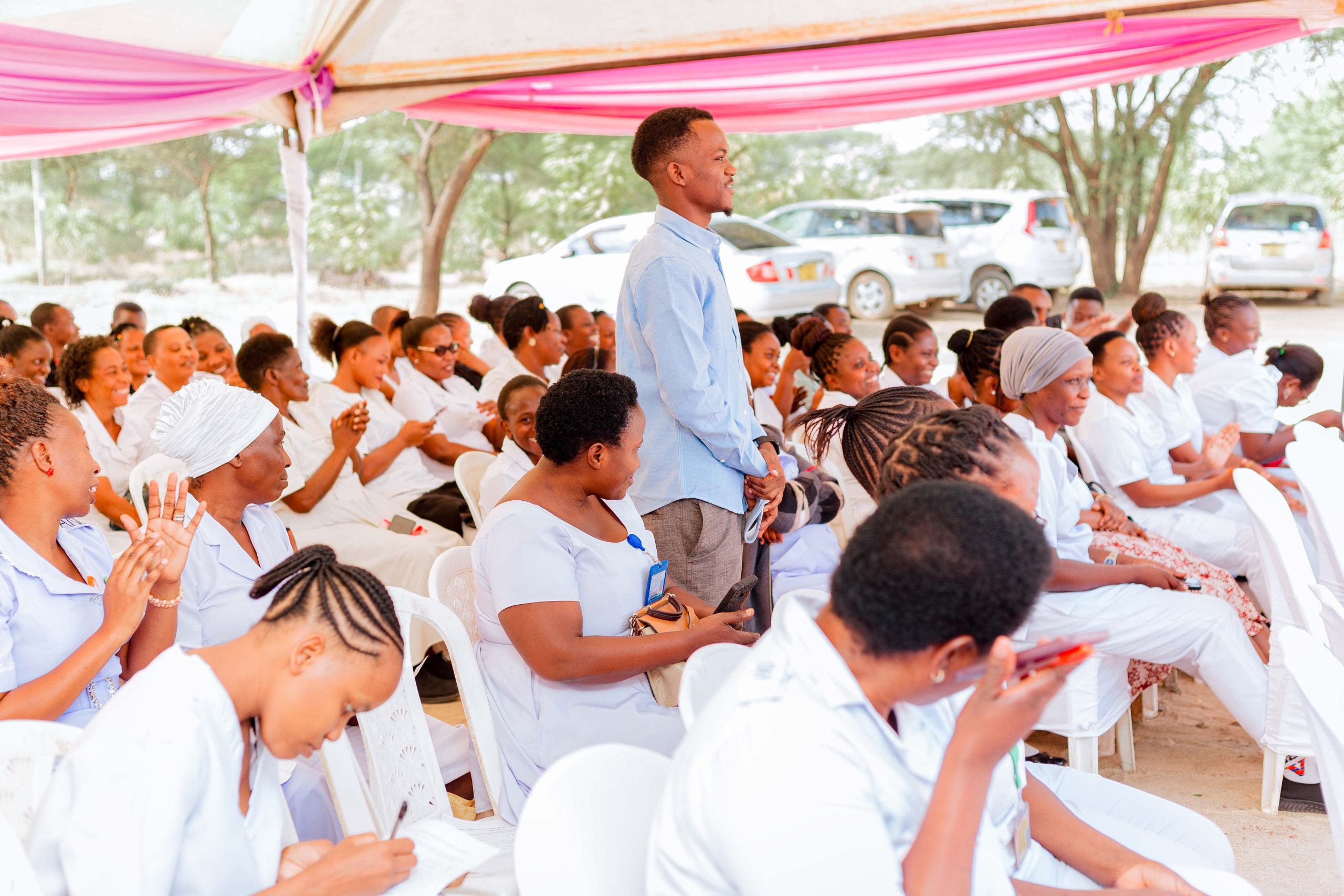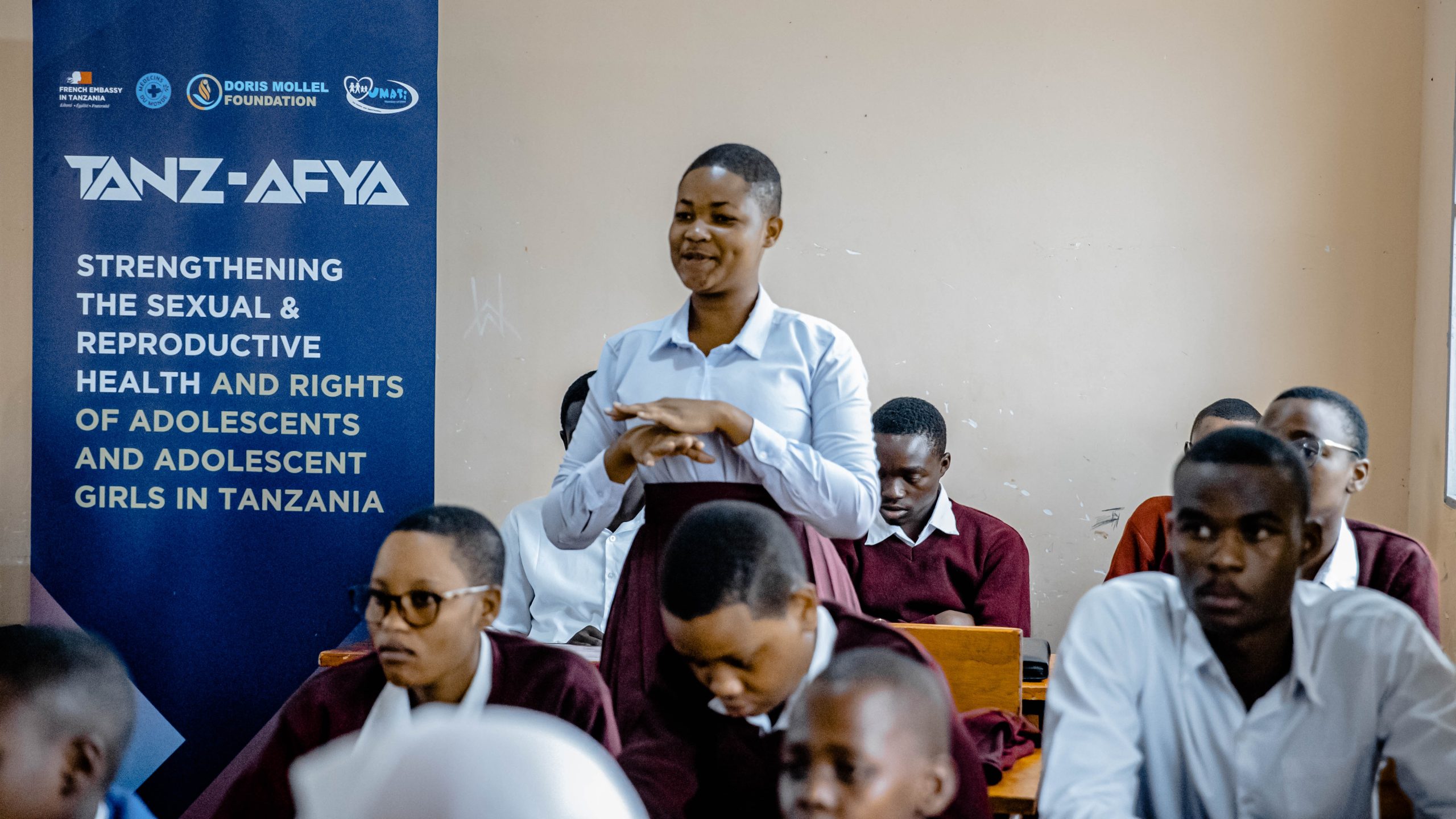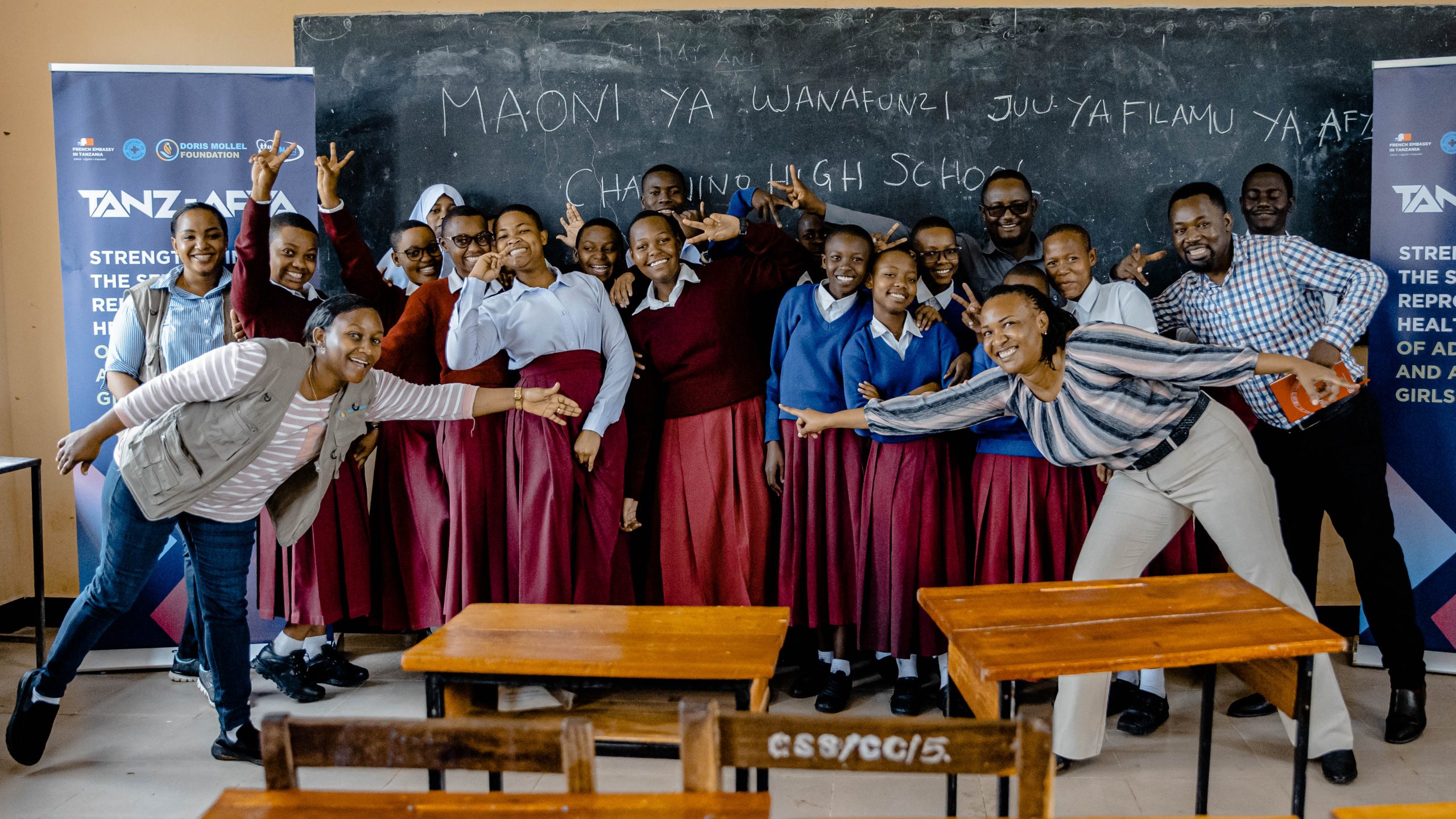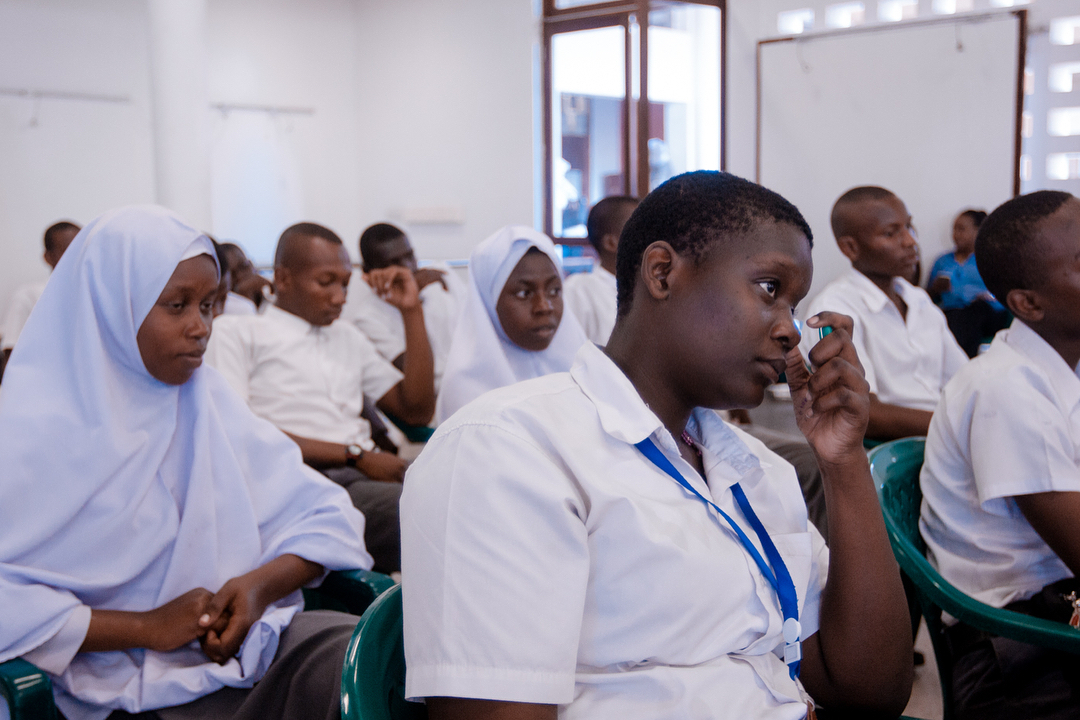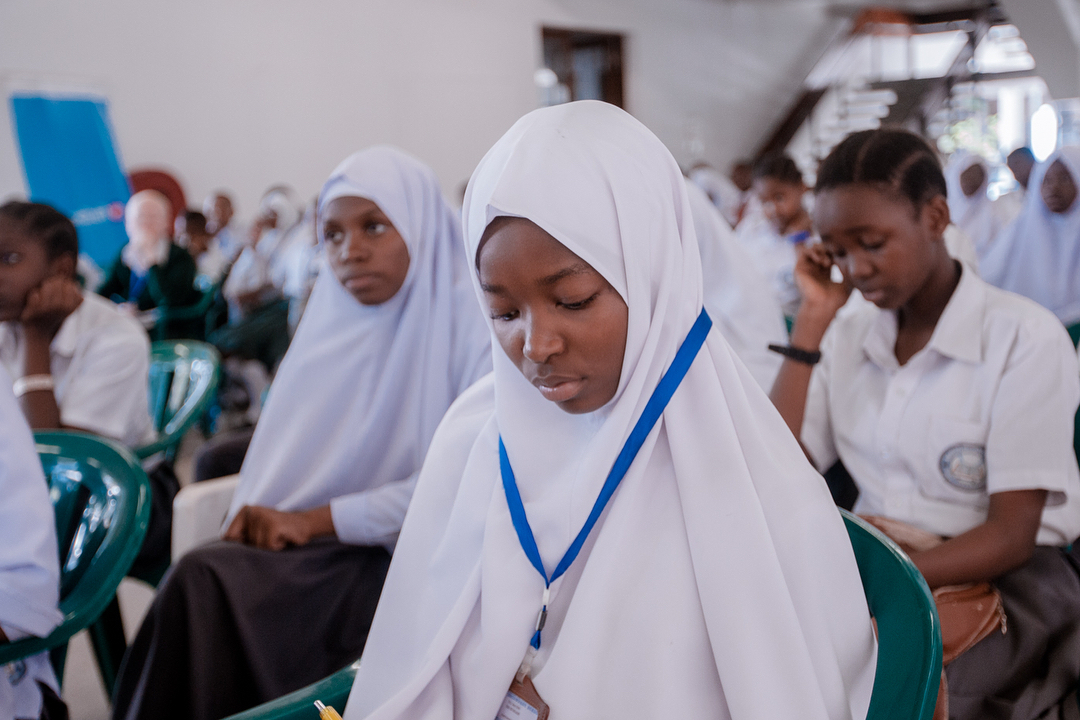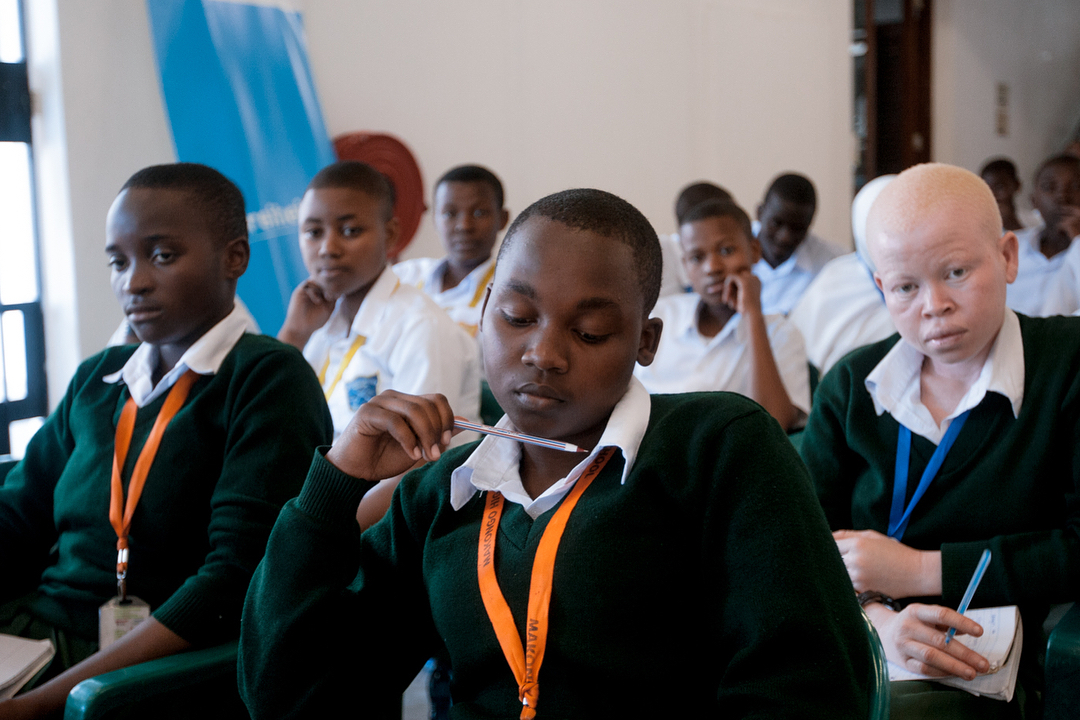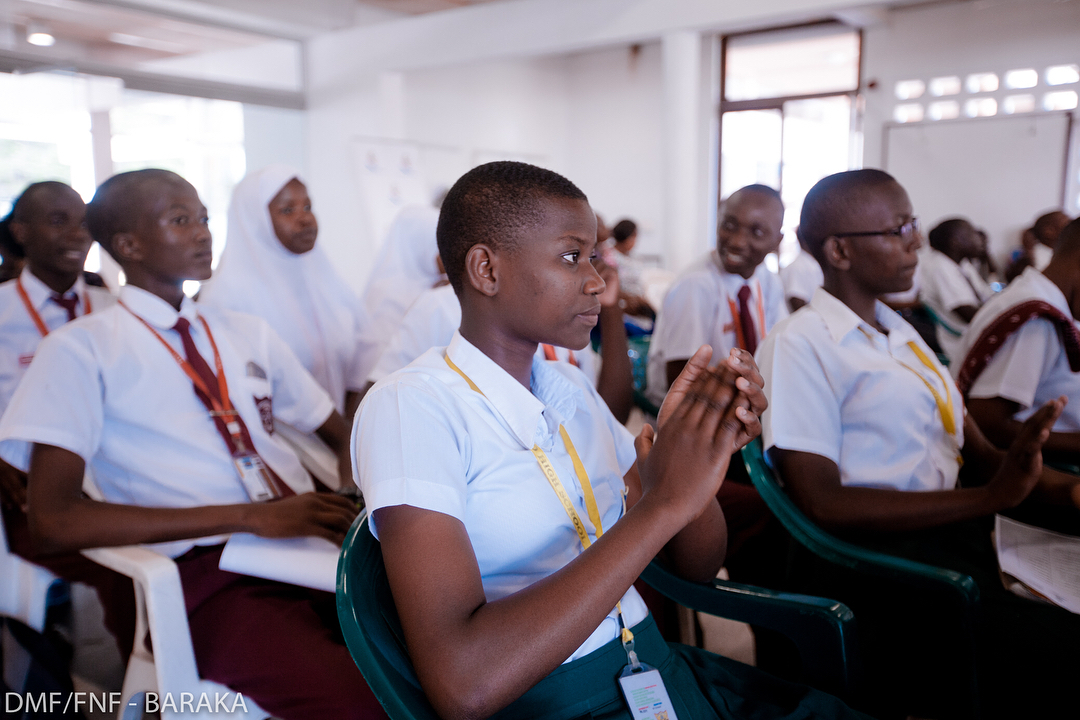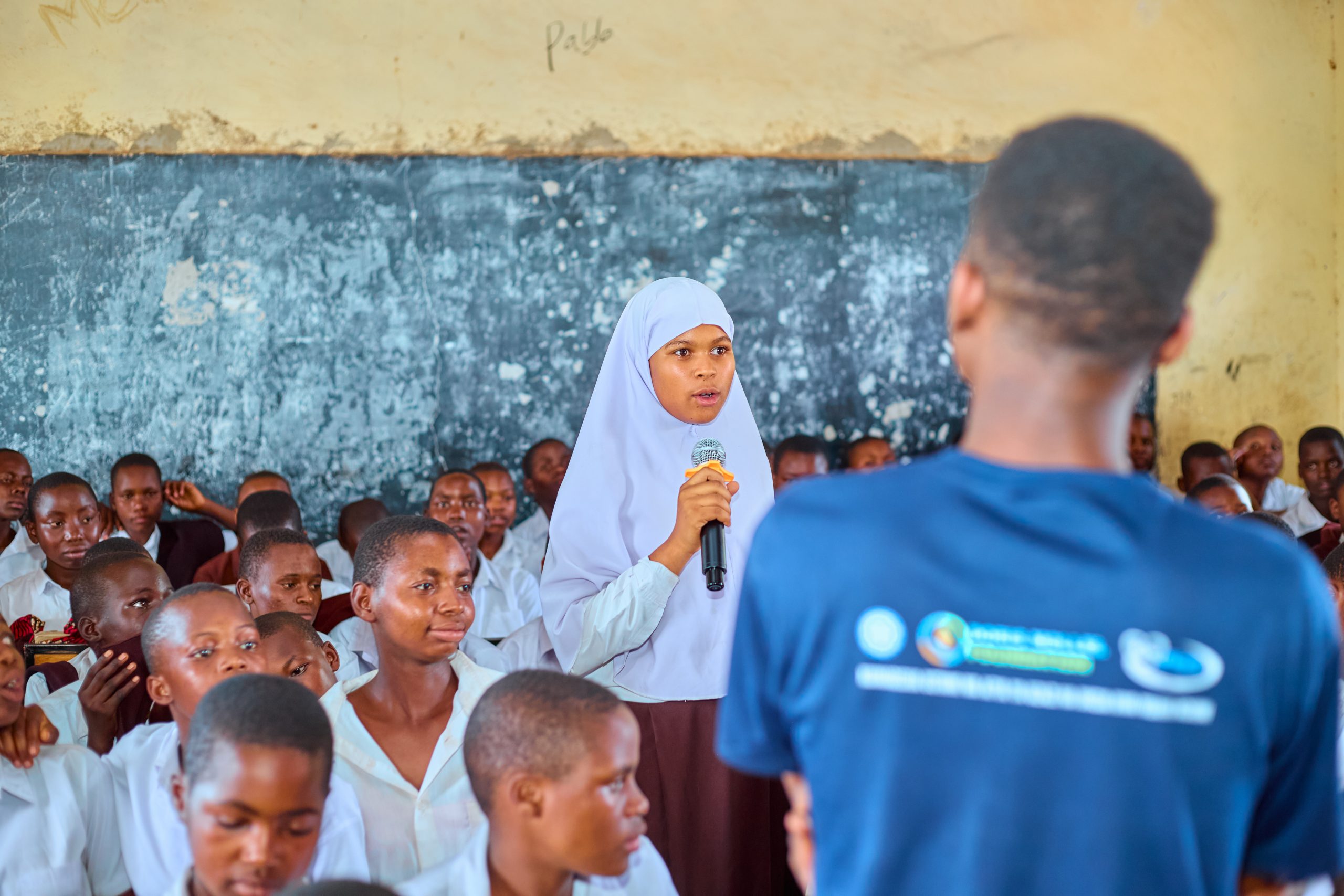Strengthening neonatal care in Manyara (Equipment support project)
In Manyara Region of northern Tanzania, an urgent newborn survival crisis is being met with action. After a DMF-led assessment in August 2025 revealed that six newborns were dying every day in Manyara due to preventable causes, we launched a project to strengthen neonatal care through equipment provision and training. Many health facilities in this rural region lacked the basics for caring for premature or sick babies like functional incubators, CPAP machines for babies struggling to breathe, infant warmers for those who can’t maintain body heat, and a reliable oxygen supply. Also, shortages of trained neonatal nurses meant fragile newborns were often referred to far-away hospitals, a journey many could not survive.
DMF’s response is a focused equipment support and capacity-building initiative. We are working closely with the Ministry of Health and regional authorities to equip key hospitals and health centers in Manyara with life-saving neonatal equipment. This includes delivering items like neonatal ventilators and CPAP devices to district hospitals, portable oxygen concentrators and infant warmers to smaller health centers, and ensuring each facility has essential supplies to care for low birth weight infants. Alongside equipment, DMF is providing training for doctors, nurses, and midwives on newborn resuscitation, use of the new machines, and specialized care techniques for preterm infants. By building local capacity, the goal is to enable even remote facilities to stabilize newborns and care for them on-site, rather than resorting to risky transfers.
With better-equipped neonatal units and trained staff, Manyara’s newborn survival rates are projected to improve dramatically. Babies who are born too soon or with complications will have a far greater chance of surviving their first critical days. This project not only provides immediate relief in terms of equipment but also lays the groundwork for a sustainable regional newborn care network, proving that targeted investments in rural healthcare can save countless young lives.
